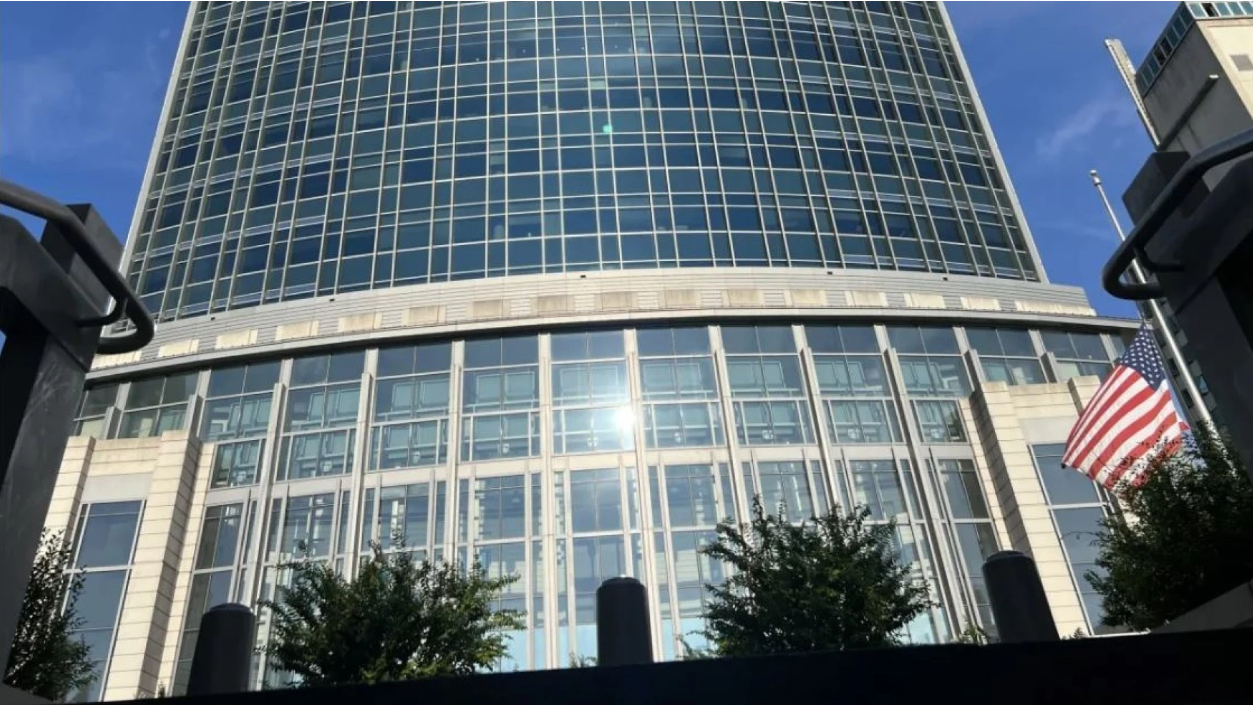A federal judge has approved the second version of a deal between the U.S. Department of Justice and Ameris Bank to settle government claims that the lender broke federal laws by discriminating against Black and Hispanic home seekers in Jacksonville.
U.S. District Judge Marcia Morales Howard greenlit a consent order on Tuesday that allows Ameris, an Atlanta-based regional bank, to avoid a government prosecution by making a mix of local investments and changes to its practices in Northeast Florida. The bank denied all the allegations but says it’s settling the case “to avoid prolonged litigation.”
The terms of the settlement include requirements that Ameris put $9 million toward helping Black- and Hispanic-majority neighborhoods in Jacksonville over the next five years. It also must dedicate various home-lending officers and policies to that same purpose.
The Justice Department informed Ameris in January 2022 that its Jacksonville operations were being investigated for redlining, a form of discrimination in which mortgage lenders avoid servicing Black-majority neighborhoods.
Last week, Howard rejected an initial version of the settlement. In that settlement, the Justice Department sought to bar anyone affiliated with Ameris “from engaging in any act that discriminates” in violation of federal laws during “any aspect of a residential real estate-related transaction.” The judge called this term “unenforceable,” as it appeared “to do no more than instruct [Ameris] to obey the law.”
The new settlement removed that language.
U.S. Attorney General Merrick Garland appeared in Jacksonville on Oct. 19 to announce the government’s allegations and settlement with Ameris. The Justice Department touted it as the 10th consent order secured in two years under its Combating Redlining Initiative, with a total of $107 million “in relief for communities of color nationwide” committed by lending businesses in those settlements.
While Ameris has agreed to a number of actions to settle its case, the bank denies all allegations of redlining themselves. “We strongly disagree with any suggestion that we have engaged in discriminatory conduct,” Ameris chief executive Palmer Proctor stated last month.
From 2016 to 2021, the government alleged, Ameris didn’t receive a loan application in one-third of the Jacksonville area’s Black- and Hispanic-majority census tracts. Among all loans the bank gave in Jacksonville’s Urban Core, only two were made to Black borrowers and none were made to Hispanic borrowers.
At one point, Ameris sent out 22,000 mailers advertising free checking services meant to target low- and moderate-income areas in Jacksonville. It allegedly didn’t send a single one of those mailers, which featured exclusively white models, to a resident in a majority-Black or Hispanic neighborhood.
The bank also closed two branches in 2019 that “it had identified as having ‘minority’ populations ‘higher’ than adjacent Ameris branch[es],” the government alleged, despite previously listing one of those branches among its “best financial performers.”
The settlement requires Ameris to invest $7.5 million in a subsidy fund to help Jacksonville residents in Black- and Hispanic-majority census tracts meet down payments, make home improvements or lower their interest rates. It also requires the bank to put $900,000 toward outreach to those residents, and $600,000 toward “partnerships with one or more community-based or governmental organizations” to provide those residents home-finance education and services.
The bank, which currently has 18 branches in the Jacksonville area, will also have to open a full-service branch in a Black-majority neighborhood north of the St. Johns River.
With that, the Justice Department is requiring Ameris to dedicate at least three mortgage bankers to soliciting loan applications in Black- and Hispanic-majority neighborhoods of Jacksonville. It also must hire a director of community lending to oversee its lending to those neighborhoods.
Charlie McGee covers poverty and the safety net for The Tributary. He’s also a Report for America corps member with The GroundTruth Project, an independent, nonpartisan, nonprofit news organization dedicated to supporting the next generation of journalists in the U.S. and worldwide. McGee may be reached at charlie.mcgee@jaxtrib.org. Follow him on Twitter @bycharliemcgee.
This story is published through a partnership between Jacksonville Today and The Tributary.







